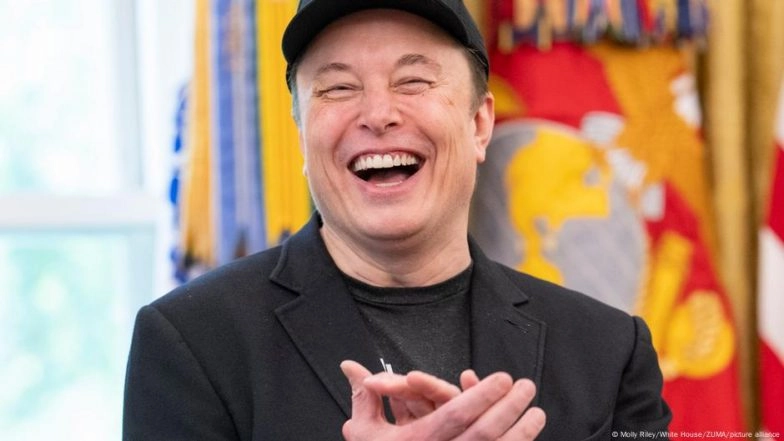How Unbiased is Elon Musk’s Grokipedia Really?
Key Takeaways
- Elon Musk launches AI-powered Grokipedia to counter perceived Wikipedia bias
- Grok AI handles fact-checking despite past misinformation incidents
- Platform faces transparency and accuracy concerns from experts
- Grokipedia currently has 900,000 articles, one-tenth of Wikipedia’s size
Elon Musk has launched Grokipedia, an AI-powered encyclopedia claiming to counter Wikipedia’s alleged left-leaning bias. The platform uses Musk’s Grok AI for fact-checking, raising questions about whether artificial intelligence can deliver truly unbiased information.
Musk’s Shift from Wikipedia Supporter to Critic
Despite previously praising Wikipedia, Musk now labels it “Wokepedia” and accuses it of favoring liberal causes. His political alignment with conservative figures, including former President Donald Trump, informs this new venture.
Filippo Trevisan of American University suggests ideological motivations outweigh commercial ones. “Really money isn’t directly the objective here,” he told DW. “This project responds to criticisms of Wikipedia from figures within the American conservative world.”
How Grokipedia Differs from Wikipedia
While visually similar to Wikipedia, Grokipedia’s fundamental difference lies in its AI-driven approach. Currently, it heavily relies on Wikipedia content, though Musk aims to end this practice by 2026.
Roxana Radu from Oxford University highlights the transparency issue: “Grokipedia operates on an obscure model of information gathering and sourcing, without transparency over the decisions taken ahead of displaying the content.”
Accuracy Concerns and Early Limitations
Musk claims Grokipedia will “exceed Wikipedia by several orders of magnitude in accuracy,” but Grok’s track record raises doubts. The AI has previously spread antisemitic content and praised Adolf Hitler.
Early analysis shows Grokipedia sometimes presents information as “a collage of discrete ideas” rather than comprehensive overviews. It also gives more weight to Reddit posts and blogs than traditional media sources.
Notable omissions include missing content about Musk’s controversial hand gesture at a January rally that many interpreted as a Nazi salute.
The Bias Question: AI vs Human Curation
Trevisan notes Musk is “trying to capitalize on the impression that taking the human element out might make this more objective.” However, the lack of process transparency creates new challenges for information verification.
Wikipedia itself faces bias allegations. Studies from Harvard and the Manhattan Institute found Wikipedia shows evidence of left-wing bias in how it treats political terminology.
Both experts agree complete neutrality is impossible, but transparency and error correction mechanisms provide crucial checks. Radu concludes: “What we can aspire to have is a balanced account, for which human interpretation is always needed.”




